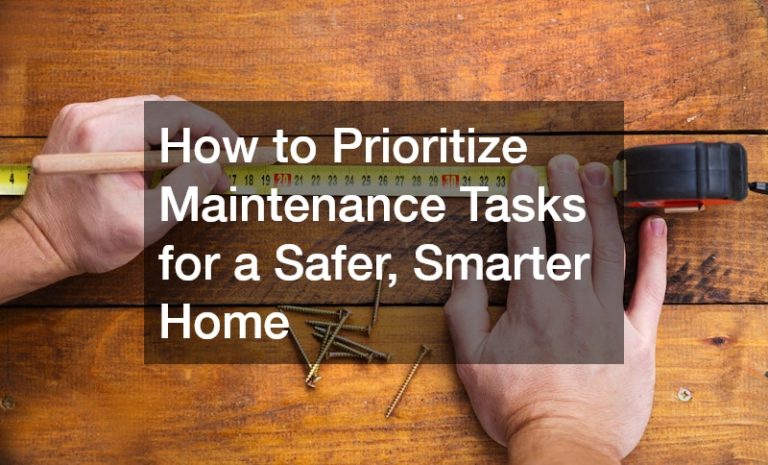

Air conditioning units are crucial for maintaining indoor comfort, especially during hot seasons. Knowing the key signs that indicate when your AC repair needs an expert can help you ensure efficient operation and a prolonged lifespan of the unit.
Why is My Air Conditioner Not Cooling Properly?
Inadequate Airflow
Clogged filters are a common culprit when it comes to restricted airflow in air conditioning systems. Blocked airways and ducts obstruct cool air from circulating efficiently, leading to reduced cooling throughout your home.
If you notice weak airflow from your vents, despite the unit running, it might be time to clean or replace the filters. Duct obstructions can also significantly impact the system’s ability to cool properly, requiring a professional assessment to clear the blockage.
Regular checks by a certified technician can ensure the air passages are clear and the unit operates efficiently. Ignoring signs of inadequate airflow can lead to further complications and higher energy bills.
Refrigerant Level Concerns
Low refrigerant levels can severely impact your air conditioner’s ability to cool effectively, often resulting in longer run times and less cooling power. Poor cooling performance is one of the first signs that might indicate a refrigerant issue that requires professional evaluation.
In many cases, refrigerant leaks lead to inadequate cooling, which should be addressed promptly by a certified expert for proper leak detection and replenishment. Attempting to refill the refrigerant yourself can be hazardous and result in improper system operation.
Having a professional technician regularly check and maintain refrigerant levels can help avoid such cooling inefficiencies. Timely intervention can prevent more extensive damage to the AC unit and ensure efficient cooling.
What Causes Strange Noises in My AC Unit?
Loose Components
When an AC unit starts making strange noises, loose components often are the root cause and need AC repair. Metallic clanking and banging sounds might suggest that internal parts are out of alignment or not secured properly, requiring expert attention.
Continuous strange noises can cause further damage to the system if not addressed promptly. A thorough inspection by a professional can identify and remedy loose components before they lead to more severe mechanical failures.
Ensuring that all parts within the AC unit are snugly fitted can prevent noise issues and optimize operational efficiency. Professional technicians can help tighten or replace parts to avoid future disturbances.
Fan Belt Problems
Wear and tear of the fan belt within your AC unit may result in unusual screeching sounds, indicating a need for immediate replacement. Extended use can cause the belt to degrade over time, affecting the unit’s overall operation.
Relying on a trained expert to assess and replace damaged fan belts can help maintain the smooth and silent operation of your air conditioning unit. Delayed intervention can lead to more significant issues, such as a complete system shutdown.
Regular maintenance can identify wear on the fan belt early, ensuring that it is replaced before it causes more extensive damage. Proactivity in addressing fan belt wear helps optimize the AC unit’s lifespan and efficiency.
When Should I Schedule Routine Maintenance?
Seasonal Check-Ups
Scheduling maintenance before the peak summer season is crucial to ensure your AC unit performs at its best when temperatures rise. By preparing your unit ahead, you can prevent unexpected breakdowns during heavy use periods.
Early maintenance helps identify potential issues that could worsen under increased workload, thus ensuring continuous comfort. Experts recommend bi-annual check-ups to prepare for both cooling and heating seasons.
Consistent seasonal maintenance contributes to long-lasting and efficient system operation. Enlisting the help of a professional ensures thorough and accurate pre-season preparations.
Frequency of Maintenance Visits
The recommended frequency for professional maintenance is at least once a year for optimum performance, although more frequent visits can further prevent unexpected failures. Regular check-ups can catch early signs of wear and tear that may go unnoticed.
Without adequate maintenance, even minor issues might escalate into costly repairs, highlighting the importance of routine professional inspections. Regular maintenance can therefore be seen as an investment in the long-term health of your AC system.
Continual care prolongs the lifespan of the equipment, ensuring it operates under optimal conditions year after year. Engaging in a maintenance contract with a professional service can offer peace of mind and ensure consistent attention to the unit.
How Can I Improve My AC’s Energy Efficiency?
Thermostat Upgrades
Upgrading to a programmable or smart thermostat allows for more accurate temperature control, improving energy consumption. These devices can automatically adjust settings based on your preferences and usage patterns, reducing unnecessary energy use.
An advanced thermostat can significantly lower energy bills by optimizing the cooling schedule according to your routine. Seeking professional guidance can help in selecting and installing the right thermostat for your existing system.
Thermostat upgrades can provide immediate efficiency benefits, with some systems capable of learning your habits to offer even greater savings over time. Expert installation ensures compatibility and maximizes potential energy efficiency gains.
Insulation Improvements
Proper insulation within your home plays a critical role in maintaining desired indoor temperatures and easing the load on your AC system. Ensuring adequate insulation is in place helps keep cool air from escaping, creating a more energy-efficient environment.
Homes with insufficient insulation might see higher energy costs due to increased demand on the AC unit to maintain comfort levels. Enlisting a professional to assess insulation status and suggest improvements can lead to considerable efficiency advancements.
Renowned experts can provide comprehensive strategies for enhancing insulation, resulting in reduced energy consumption and improved cooling performance. Investing in insulation upgrades offers long-term energy savings and comfort benefits.


